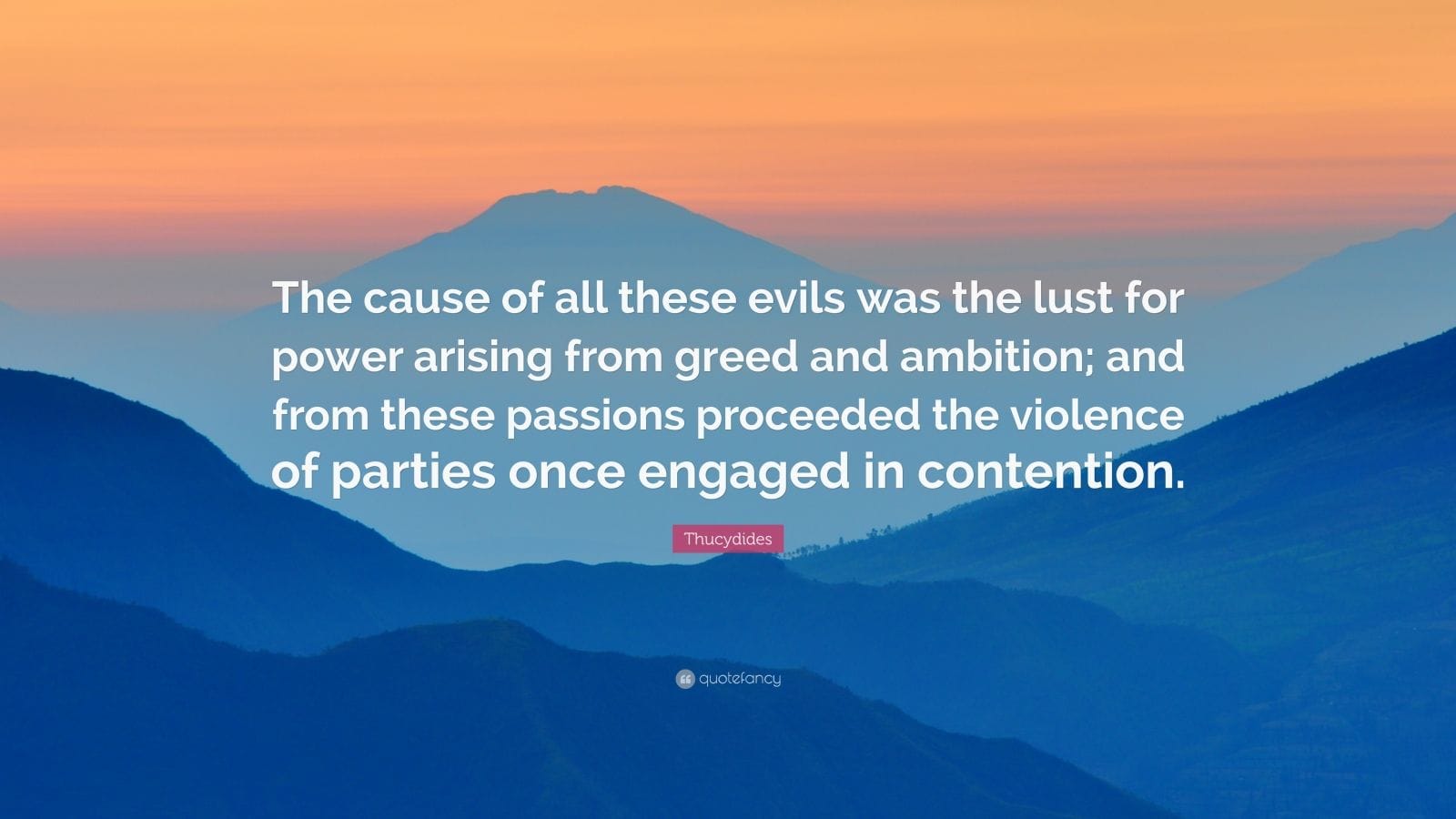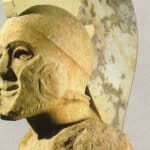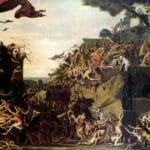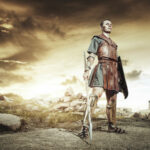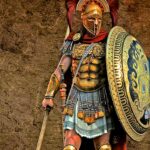Let’s delve into the wisdom of Thucydides, an ancient Greek historian whose insights into civic duty, power, and the fragility of democracy remain strikingly relevant even after 2,000 years. By exploring his seminal work, “The History of the Peloponnesian War,” we can glean timeless lessons applicable to our own political landscape and the delicate balance between individual freedom and collective responsibility.
Beyond Pericles: The True Cost of Civic Duty in Athenian Democracy
Thucydides, a keen observer of ancient Greece, went beyond the simplistic notion of civic duty as mere voting or holding office. To him, it represented active participation and even sacrifice for the common good. This concept was deeply intertwined with Athenian democracy, where citizens were expected to contribute to the city’s well-being. However, Thucydides’ narrative paints a more complex picture than the idealized vision often presented.
Pericles’ Funeral Oration, a famous passage in Thucydides’ work, extols Athenian democracy and its citizens’ willingness to sacrifice for their city-state. Pericles, the Athenian leader, describes the ideal citizen as actively engaged, prioritizing the city’s welfare above personal gain (Thucydides 2.37). Yet, Thucydides subtly interweaves this idealized portrayal with instances where self-interest, ambition, and the sway of persuasive rhetoric complicate the execution of civic duty.
The Peloponnesian War: A Crucible for Athenian Civic Duty
The Peloponnesian War (431-404 BC) between Athens and Sparta serves as the backdrop against which Thucydides dissects the strengths and weaknesses of Athenian democracy, including its concept of civic duty. Through vivid accounts of key events, he reveals how easily noble ideals can be overshadowed by human fallibility.
- The Plague of Athens (2.47-54): This devastating epidemic exposed the limits of civic virtue. As fear and self-preservation gripped the populace, social order crumbled, demonstrating how easily desperation can eclipse duty.
- The Mytilenian Debate (3.36-49): When the Athenian assembly initially voted to eradicate the entire population of Mytilene in retaliation for rebellion, they were driven by anger, fueled by powerful oratory. Though they later reversed this decision, the incident reveals the volatile nature of collective civic action and how easily it can be swayed by emotion and rhetoric.
- The Sicilian Expedition (6.1-7.87): This disastrous military campaign, fueled by Athenian ambition and reckless rhetoric, highlights the perils of unchecked civic enthusiasm. The expedition’s failure, a pivotal moment in the war, demonstrated how even well-intentioned actions, if not tempered with wisdom and restraint, could lead to devastating consequences.
These events illustrate Thucydides’ nuanced perspective on civic duty. He recognized its importance for a functioning democracy while acknowledging the human tendencies that could undermine it. It is this realistic understanding of human nature, prone to both nobility and self-interest, that makes his work enduringly relevant.
A Timeless Legacy: Navigating the Complexities of Civic Duty
Thucydides doesn’t offer simplistic answers or moral pronouncements about civic duty. Instead, he presents a complex interplay of individual actions, political dynamics, and the unpredictable tides of fortune. His work compels us to critically examine motivations, consider the potential consequences of our actions, and acknowledge the ever-present potential for power to corrupt.
By studying the Peloponnesian War, we gain insights into the challenges democracies face throughout history: the tension between individual liberty and collective responsibility, the sway of persuasive rhetoric, and the fragility of civic virtue in the face of fear and uncertainty. Thucydides encourages us to learn from the past, not to blindly repeat it, but to navigate the complexities of our own time with greater awareness and a steadfast commitment to the enduring principles of a just and equitable society.
Explore the fascinating escultura cultura tiahuanaco of the ancient Tiahuanaco civilization, a captivating legacy of artistic ingenuity that continues to inspire today.
- Unveiling Bernhard Caesar Einstein’s Scientific Achievements: A Legacy in Engineering - July 15, 2025
- Uncover who is Jerry McSorley: CEO, Family Man, Business Success Story - July 15, 2025
- Discover Bernhard Caesar Einstein’s Scientific Contributions: Unveiling a Legacy Beyond Einstein - July 15, 2025
